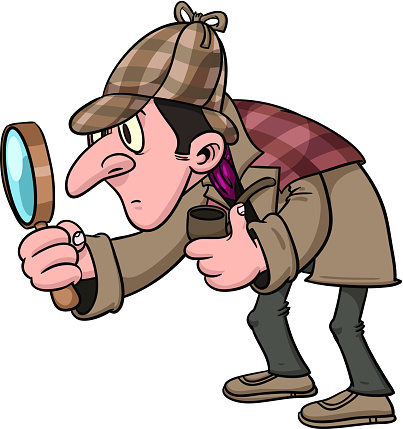President Ronald Wilson Reagan wanted Inspectors General "meaner than a junkyard dog." We need Inspectors General to be "watchdogs, not lapdogs," in Senator Jim Sasser's words.
Too often dysfunctional IG offices are sinecures for the insecure, or sad sack symptoms of a government that is "frozen in the ice of its own indifference, " in FDR's words.
President DONALD JOHN TRUMP removed five Inspectors General during a six week period in 2020.
Our U.S. Inspector General system is a patchwork quilt, with some federal agencies doing a good job and others participating in coverups, like the one at EPA, whose Clinton-Gore era Administrator Carol Browner in 1990 finally fired EPA IG JOHN C. MARTIN, who served thirteen years in the position, outwearing his welcome. Thanks to the courage of my late client, friend (and expert witness) EPA Inspector General, Senior Special Agent Robert E. Tyndall (Ret.), and his U.S. Department of Labor environmental whistleblower case, EPA IG JOHN MARTIN was fired.
Anyone who interferes with the independence of Inspectors General should be investigated for obstruction of justice. That includes federal officials (like JOHN C. MARTIN), or anyone interring with other Inspectors General, like the nascent aspiring Inspector General office in St. Johns County.
Politicization of Inspectors General is indefensible. This subtle corruption of our government is indefensible, and must be ended at once.
Let justice be done though the heavens fall.
WATCHING THE WATCHDOGS
FOR THE past several months, Sen. Jim Sasser (D-Tenn.) and the Democratic staff of the Senate's governmental affairs subcommittee on general services, which he chairs, have been reviewing complaints against the inspectors general charged with being the watchdogs of federal agencies. The report they have just unofficially released contains some unsettling findings, including a "disturbing pattern of wrongdoing by several offices of inspectors general." The subcommittee staff accuses various agency watchdogs of misconduct ranging from wrongful disclosure of confidential information to the "improper destruction of evidence, the initiation of phony investigations against whistleblowers and the intimidation of witnesses." The report also substantiates some complaints that the inspectors general often duck strong cases, conduct deficient investigations and turn in final reports coated with whitewash.
In the authors' view the system has been compromised because the watchdogs lack total independence from the agency heads on whom they depend for evaluations and bonuses. The report also says that federal workers may not trust their inspectors general because they expect that little, if anything, will be done if they complain and that if they do step forward, their identities could be disclosed and reprisals might follow.
Sen. Sasser has said that the report confirms what he has suspected all along, namely that "many of these government watchdogs have become political lapdogs." He also charged that "many inspectors general offices are engaged in damage control for their agencies and political patrons or are knee-deep in the very abuses they are supposed to prevent."
So both Sen. Sasser and the Democratic subcommittee staff have reached some extremely damaging conclusions about a 12-year-old program that up until now seemed to have enjoyed a good deal of congressional support. The attention to possible abuses in the inspector general system is much welcomed and overdue. We would like to see interest




1 comment:
If the IG is a Democrat investigating a Republican or vice versa then whoever is being investigated can claim politically motivated act if wrongdoing is determined. If it's a Democrat investigating a Democrat or group of Democrats then someone can claim favoritism if there were problems but nothing ever became of it. Where does it all end? The horrible two party system has us in this mess along with other things. People are de-evolving back into apes.
Post a Comment